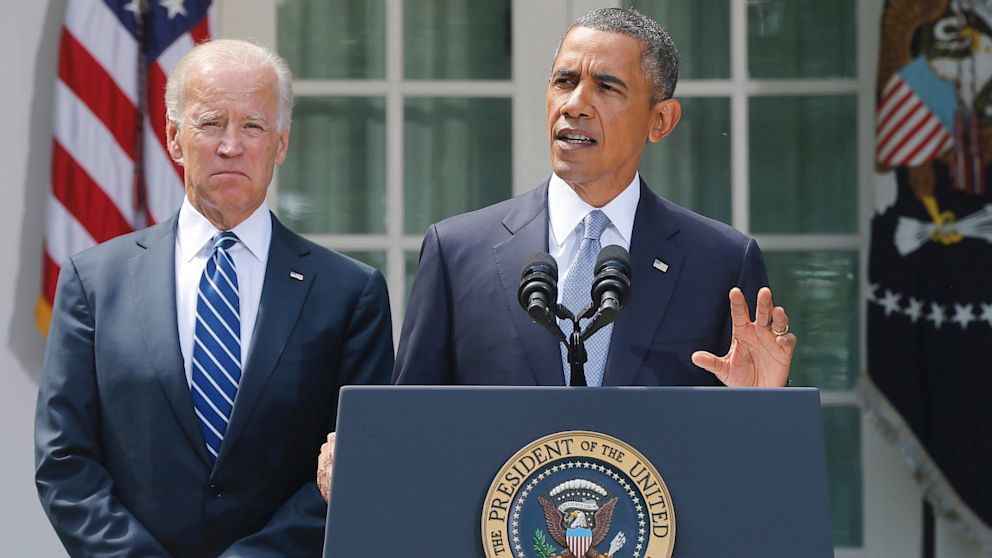Opinion: Obama Recognizes as a Democracy, We Need Consensus and Debate on Syria
Obama said he will first seek Congressional authority.

Sept. 3, 2013— -- When the Assad regime used chemical weapons on the Syrian people, it crossed not one but three "red lines." First, after World War I, the nations of the world barred the use of chemical weapons. Barbarous as war is, chemical weapons have been the geo-political equivalent of an "unforgiveable curse." The nation that uses them has, in the eyes of the world, abandoned its humanity.
Second, attacking one's own citizens with chemical weapons turns a civil war into an auto-genocide. The world community generally refrains from involvement – at least, overt involvement – in the internal affairs of a sovereign state. There are pragmatic reasons: countries don't want a "standard of interference" applied to them, sometimes those rebelling are worse than those in power, etc. But when a civil war becomes a reign of terror, when innocents are targeted and massacred, a red line has been crossed.
And, third, this is a red line because President Obama warned that it would be a red line. His word – and on the international scene, the President is the voice of the country – must mean something. We have to keep our commitments.
The president offered five reasons why he concluded that limited military intervention is necessary: "This attack is an assault on human dignity. It also presents a serious danger to our national security. It risks making a mocker of the global prohibition on the use of chemical weapons. It endangers our friends and our partners along Syria's borders, including Israel, Jordan, Turkey, Lebanon and Iraq. It could lead to escalating use of chemical weapons, or their proliferation to terrorist groups who would do our people harm."
These are powerful reasons. But President Obama recognizes that, as a democracy, we need consensus and debate. Thus, rather than acting immediately, the president said he will first seek Congressional authority.
That is a wise move – not because we need, right now, a debate about the Constitution and authorization and "war powers." Nor is it a wise move because it's politically expedient – a way of pre-empting or placating Congressional critics. Nor is it a wise move simply because the President recognizes that the American public is "weary of war" and that military action – even if limited to air strikes – may not be too popular.
It's a wise move because it requires the president to, again in his own words, "provide every member [of Congress] with the information they need to understand what happened in Syria and why it has such profound implications for America's national security." It's a wise move because it acknowledged that "all of us should be accountable as we move forward, and that can only be accomplished with a vote."
The president has two tasks before him: to provide the American people, directly and through our representatives in Congress, the evidence – the incontrovertible evidence – that Assad used chemical weapons against his own people. We are leery – rightfully – of the kind of "snow job" that got us into Iraq. What we want – and deserve – is the same information that persuaded the President.
Obviously, it's more than showing us pictures of doctors or the corpses of children. And just as obviously, how the intelligence was obtained, indeed some of the facts themselves, cannot be shared because of national security or the safety of members of our intelligence community.




